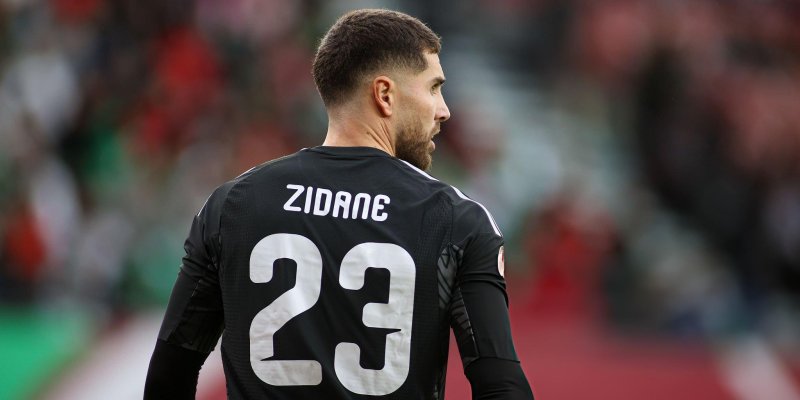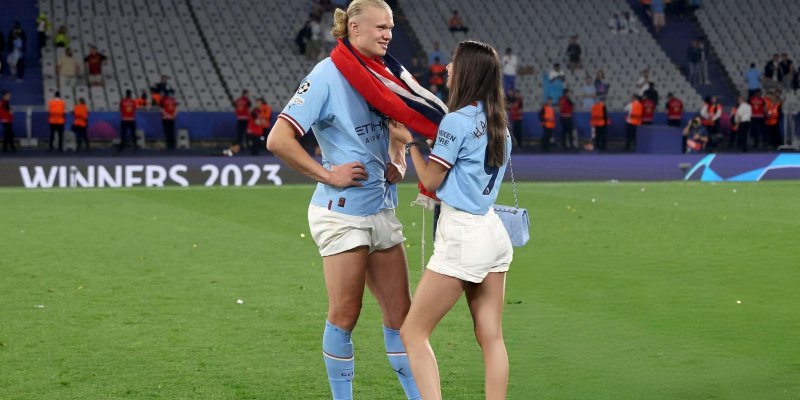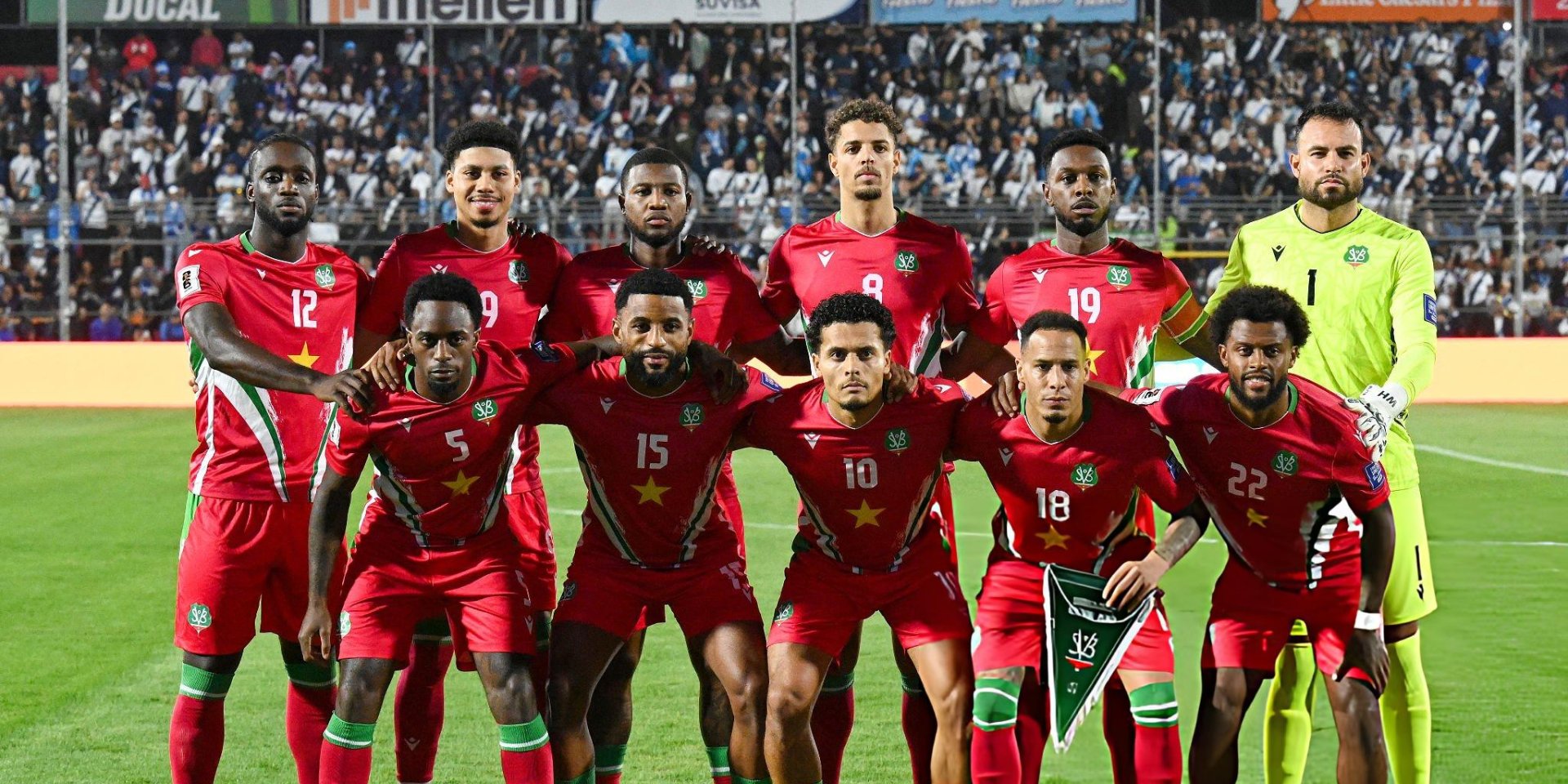
Sometimes the fate of a qualifying campaign is decided not by a spectacular striker's finish, but by an awkward movement from a defender who is not even looking at the opposition goal. That is exactly how Suriname, only recently seen as an outsider, literally snatched the chance to fight for a ticket to the 2026 World Cup – thanks to an own goal at 90+3 in a simultaneous match.
North American Qualifiers: Three Direct Tickets and Two Play-off Contenders
The late-night climax in the North American zone turned out to be incredibly tight. Three national teams booked their World Cup places early: Panama and Haiti won their games convincingly, while a draw was enough for Curaçao to go through.
Then came the arithmetic. Two play-off spots were up for grabs for the teams finishing second in the three groups. One of those spots was immediately claimed by Jamaica, who collected 11 points. Suriname and Honduras battled for the remaining ticket – and at that stage every tiny detail in the table carried enormous weight.
By the 90+3 minute, the situation looked like this:
- Group A: Suriname were 0-3 down against Guatemala – 9 points with a goal difference of 8:6.
- Group C: Honduras were drawing 0-0 with Costa Rica – also on 9 points, but with a better goal difference (5:2).
In that scenario it was Honduras who were going through to the play-offs, while Suriname were one goal short.
VAR, an Overturned Penalty and a Nervy Goalless Draw
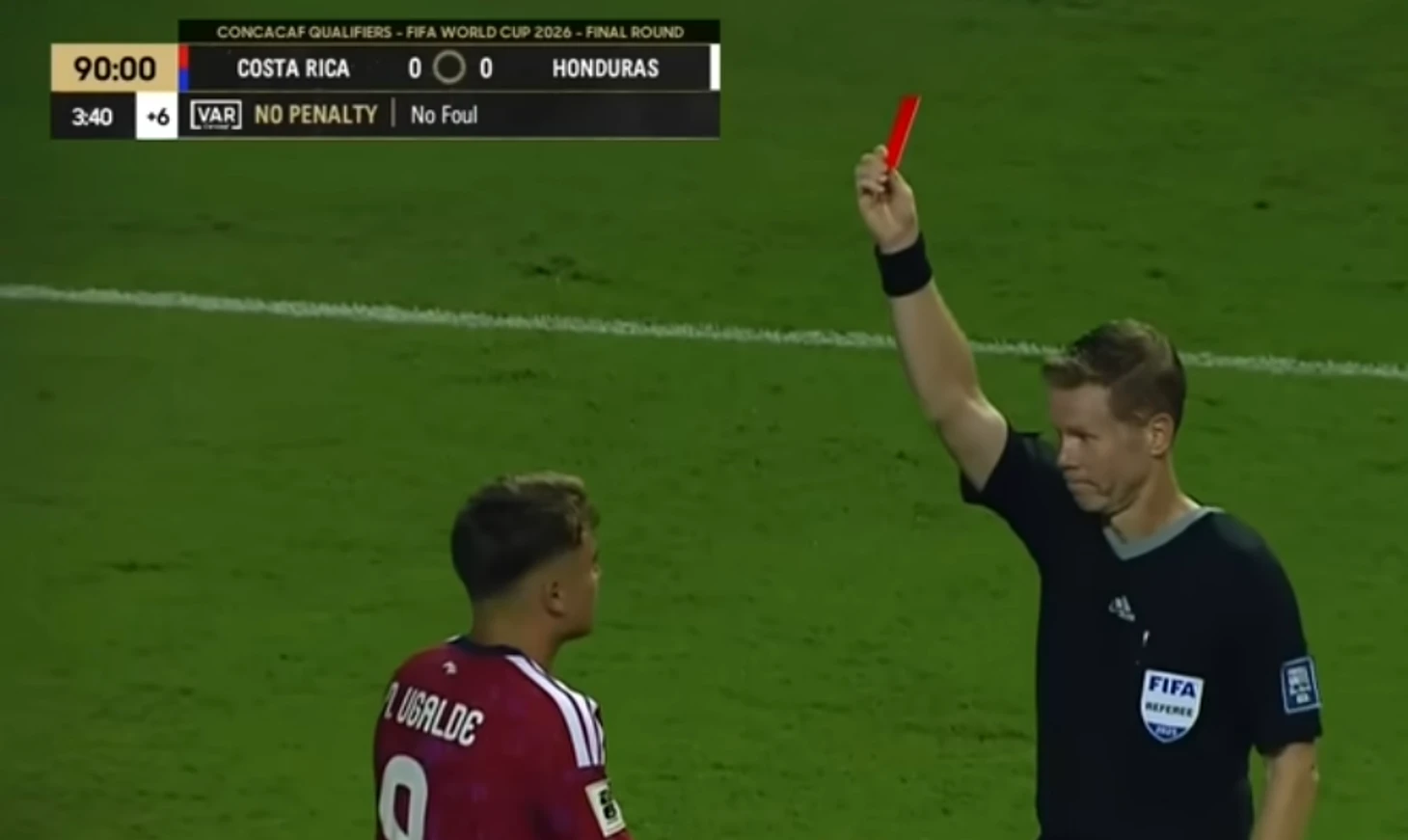
The Costa Rica – Honduras match was finishing as a real battle. Late on, Costa Rica earned a penalty that could have changed both their own fate and the outlook for Suriname. However, after a VAR review the referee overturned the spot-kick.
The arguments did not die down, and emotions were running high: Manfred Ugalde was sent off for his protests towards the referee. Even so, Costa Rica, playing with ten men, did not manage to break down their opponents – the referee's whistle confirmed a 0-0 draw. For Honduras, it was a result that effectively kept their place in the play-offs. Almost.
90+3: A Back-Header Own Goal That Changed the Table
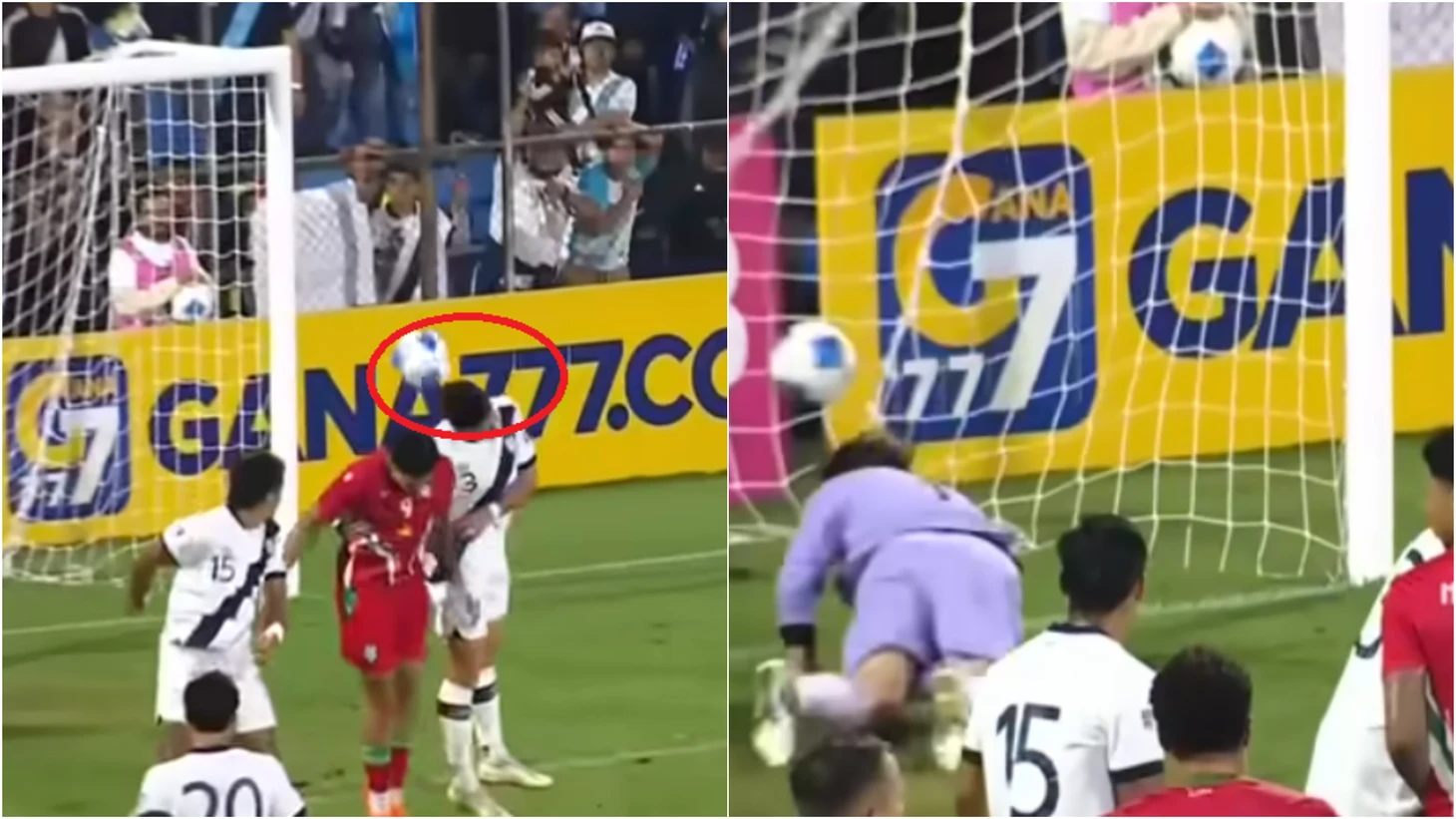
While tempers were flaring around VAR in one game, the real miracle was happening in another. In the Guatemala – Suriname encounter, the third minute of added time was underway. Suriname were swinging in a cross from the flank, trying at least to reduce the deficit for the sake of pride.
Home defender Nicolás Samayoa moved to cut the ball out, but it slipped awkwardly and bounced off the back of his head into his own net. The scoreboard changed to 3-1 in Guatemala's favour. On the face of it, a defeat was still a defeat, yet that goal turned out to be pure gold for Suriname.
Suriname's goal difference became 9:6 (plus three) – the same margin as Honduras's 5:2 (+3), but Suriname had scored more goals. According to the regulations, when goal difference is equal, the next key tiebreaker is precisely the number of goals scored.
That is why it is Suriname, not Honduras, who go into the play-offs – a team handed its opportunity not by a hero striker, but by a bewildered opposition defender.
Suriname Closer to Its Dream Than Ever Before
The Suriname national team finished the group stage with just one defeat and only two wins, but still collected enough points to cling to a play-off spot. They have never played at a World Cup finals before, yet the road to a historic debut remains open.
For a small country, that alone is already a huge success: the team withstood a demanding qualifying campaign, kept their chances alive right to the very end and showed that even with modest resources you can break into the fight for the biggest tournament on the planet.
Six Contenders and a Unique Play-off Format
Suriname are one of six national teams who will continue the battle for World Cup 2026 berths in the spring. The play-off format is quite unusual:
- two teams with the highest FIFA rankings go straight into the final of the play-off tournament;
- the remaining four form two semi-finals, whose winners advance to the finals and face the seeded teams.
In other words, for the two favourites a single victory is enough to reach the World Cup, whereas the four unseeded sides will have to win twice in a row.
The line-up is already known: Iraq, DR Congo, Jamaica, Bolivia, Suriname and New Caledonia. Based on the current outlook, Iraq and DR Congo appear to have the best chances of being seeded and going directly into the final play-off ties, while the other four teams will be split between the two semi-finals. At the same time, Suriname and Jamaica cannot be drawn against each other because they belong to the same confederation.
The draw for the play-off tournament will take place on 20 November, and the matches themselves are scheduled for March 2026 – the exact dates are still to be confirmed. But it is already clear that for Suriname this March could become one of the decisive milestones in the country's football history.
When One Awkward Touch Changes a National Team's Fate
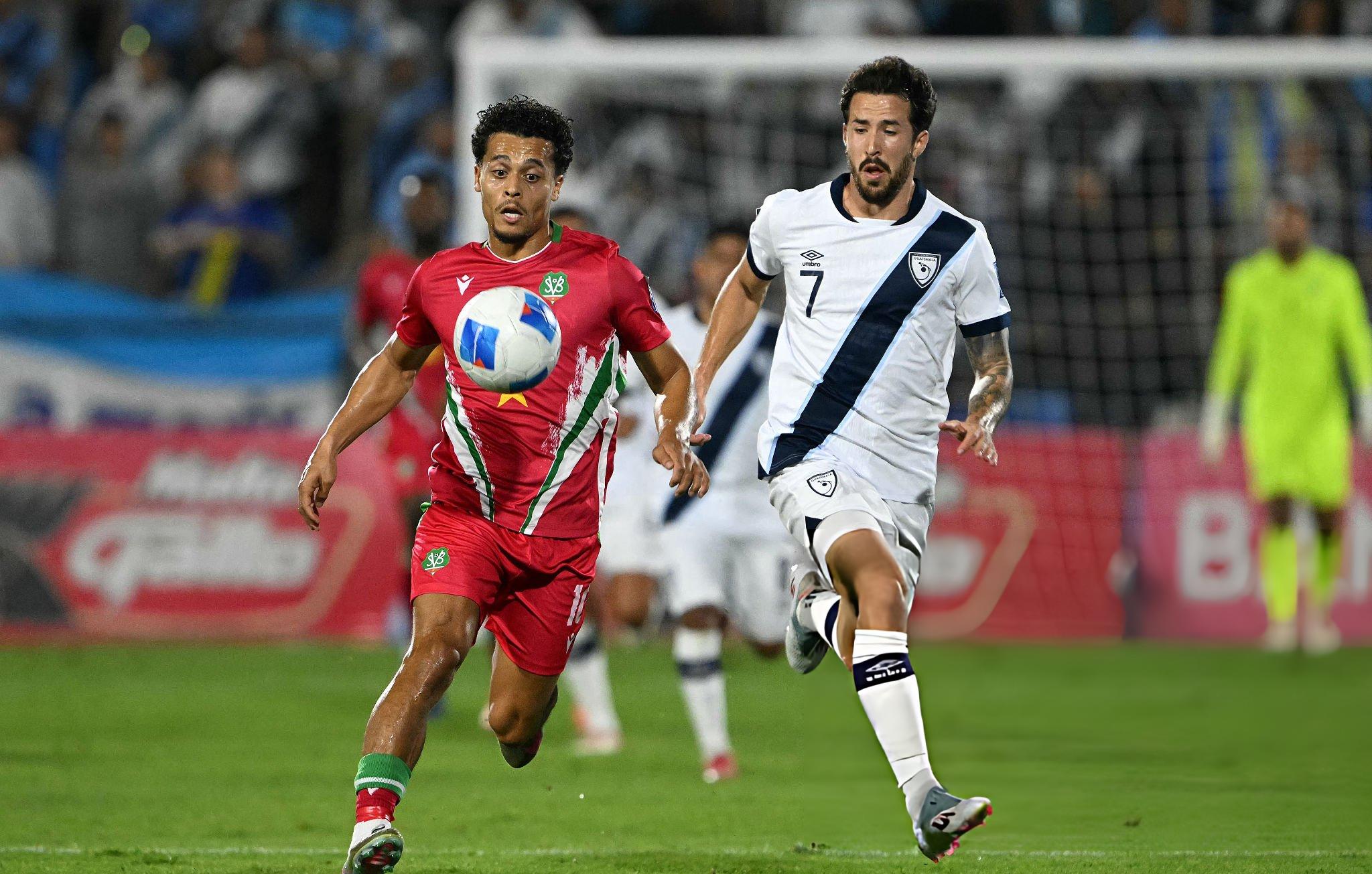
Suriname's story is a reminder of how thin the line is between disappointment and euphoria in qualifying campaigns. A routine cross, a defender's unlucky movement and an own goal off the back of the head – and the entire balance of the play-off race is turned upside down in a matter of seconds.
Suriname have been handed a chance that only a few years ago seemed unimaginable. Now everything depends on whether the team can turn this gift of fate into a real World Cup place. One thing, however, is already certain: that evening, with its miraculous 90+3 own goal, will remain part of the country's football mythology for a long time to come.

